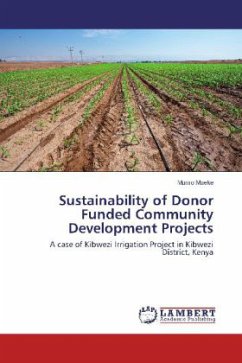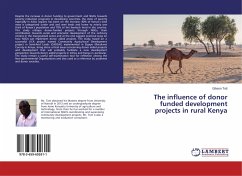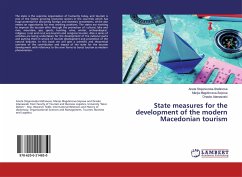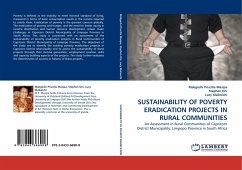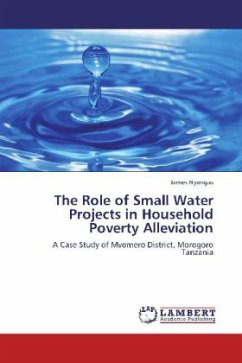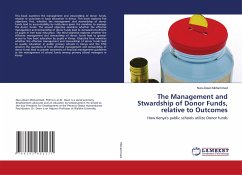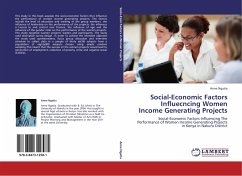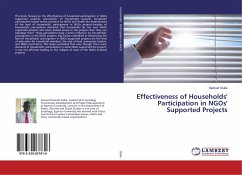Critics of the Aid Industry have focused heavily on aid accountability touching on, both the part of the donors and the beneficiaries on concerns over whether aids breeds poverty & is therefore not conducive to long-term sustainable growth in Africa. Kibwezi Irrigation Project(KIB) was started with the aim of developing & transferring dry land farming technologies to the local farmers & eventually improve the standards of living of the populations living in such areas. The study sought to establish if there was actual transfer of farming technologies from the project to the local farmers & if the locals were able to derive any socio-economic benefits from the project. The study adopted a cross-sectional survey design with 56 farmers as the sample frame out of a target population of 531 KIP trained farmers. Cluster sampling design was used in sampling & data was collected using open & closed ended questionnaires & interviews. The findings established that the project had succeededin introducing sustainable growth in the region & in transferring dry land farming technologies to the local farmers thus proving wrong the critics of the Aid Industry.
Bitte wählen Sie Ihr Anliegen aus.
Rechnungen
Retourenschein anfordern
Bestellstatus
Storno

